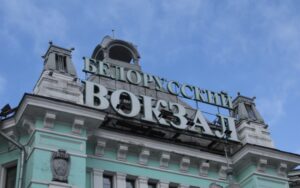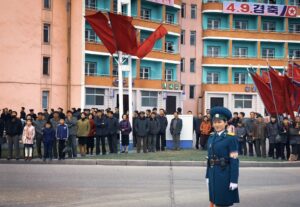Switzerland is in the midst of a new debate following the country’s decision to impose sanctions on Russia over its invasion of Ukraine. The public wants a referendum on neutrality, which they see as a break with the country’s long-standing neutrality.
Activists and the right-wing People’s Party, the largest party in parliament, want to enshrine permanent and armed neutrality in the constitution. The proposal is supported by more than 130,000 signatures. The petition has been submitted to the authorities, but the timing of the vote is uncertain.







